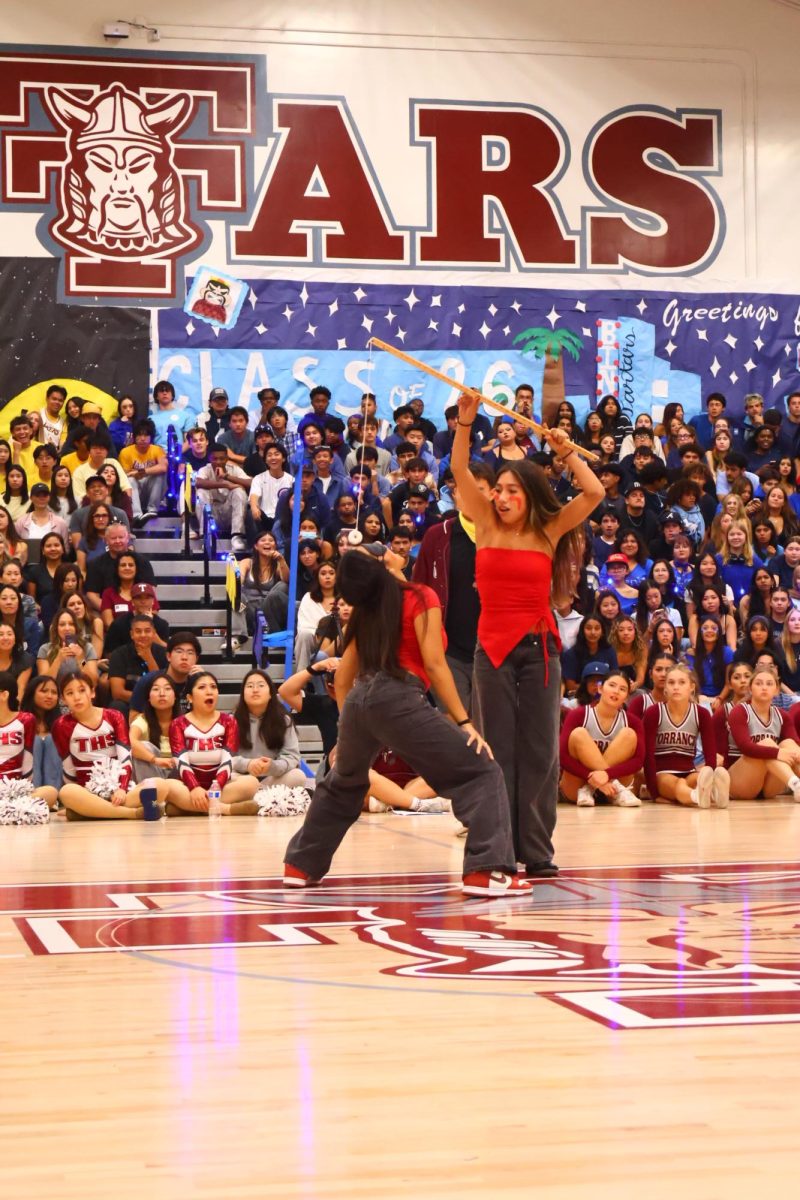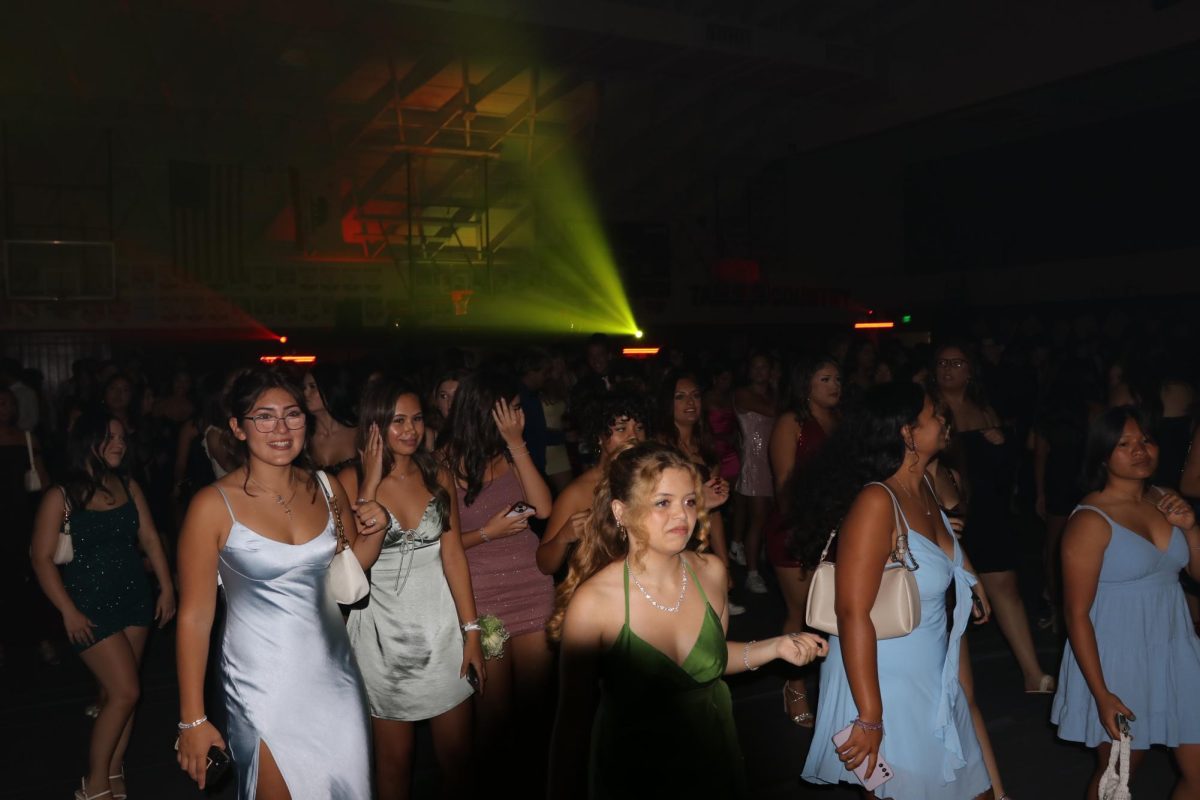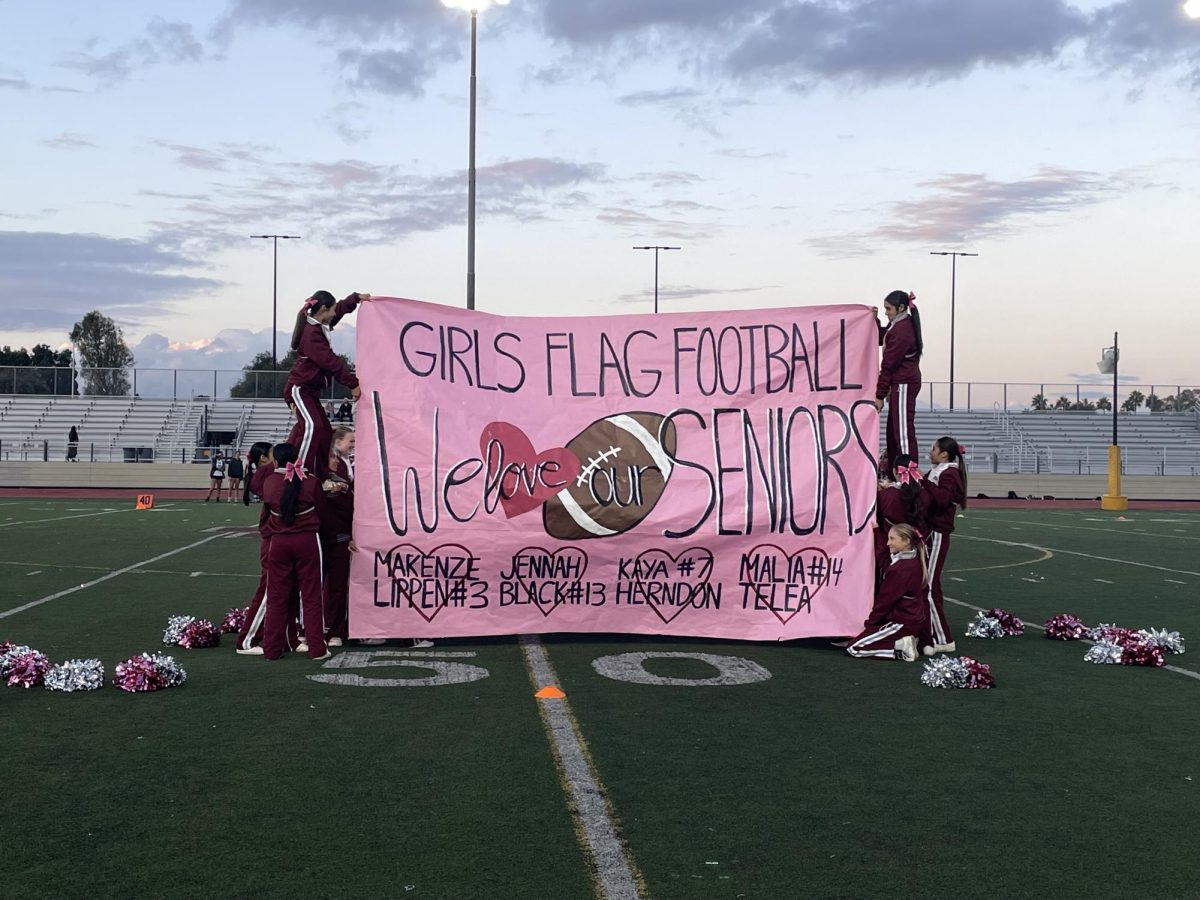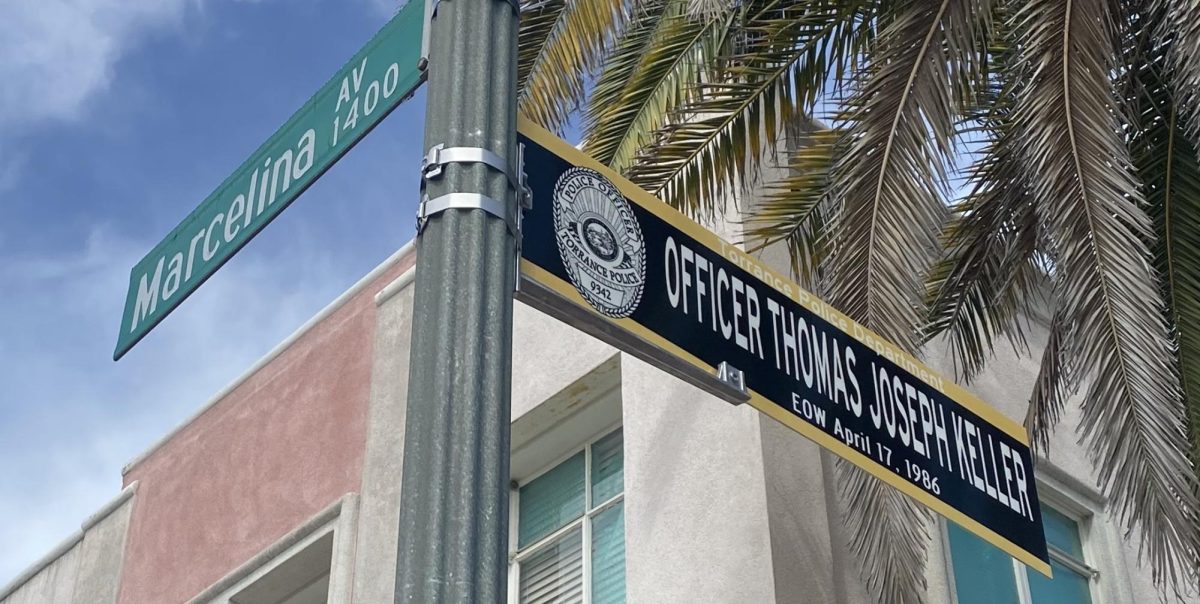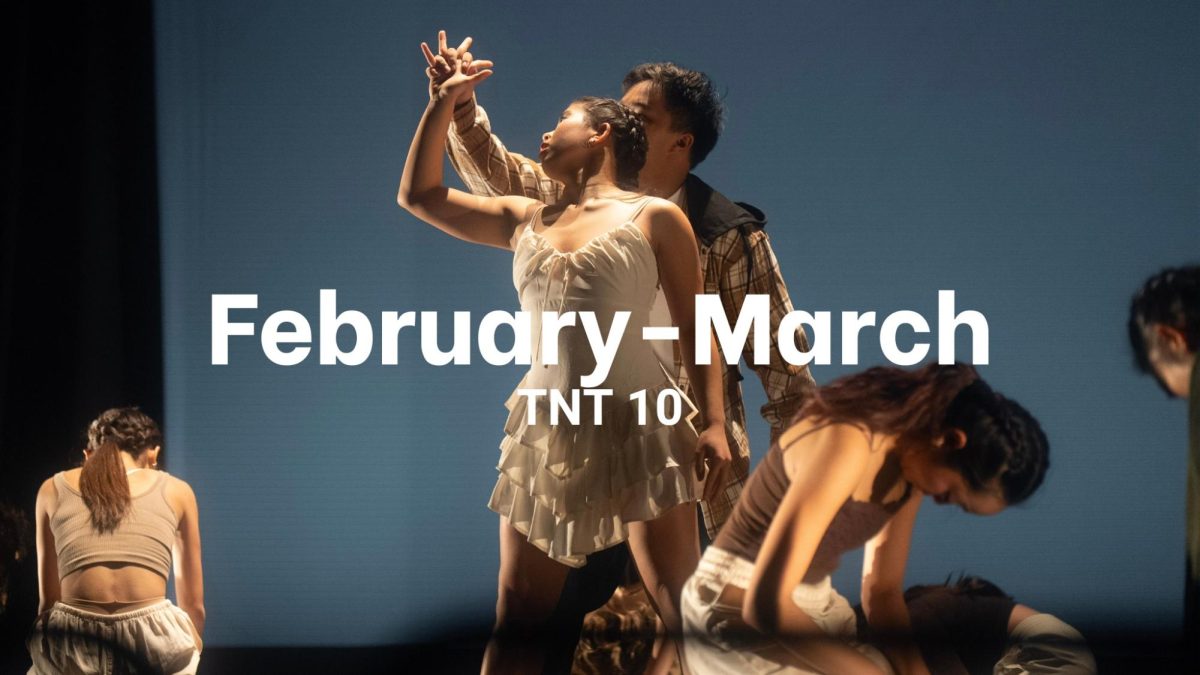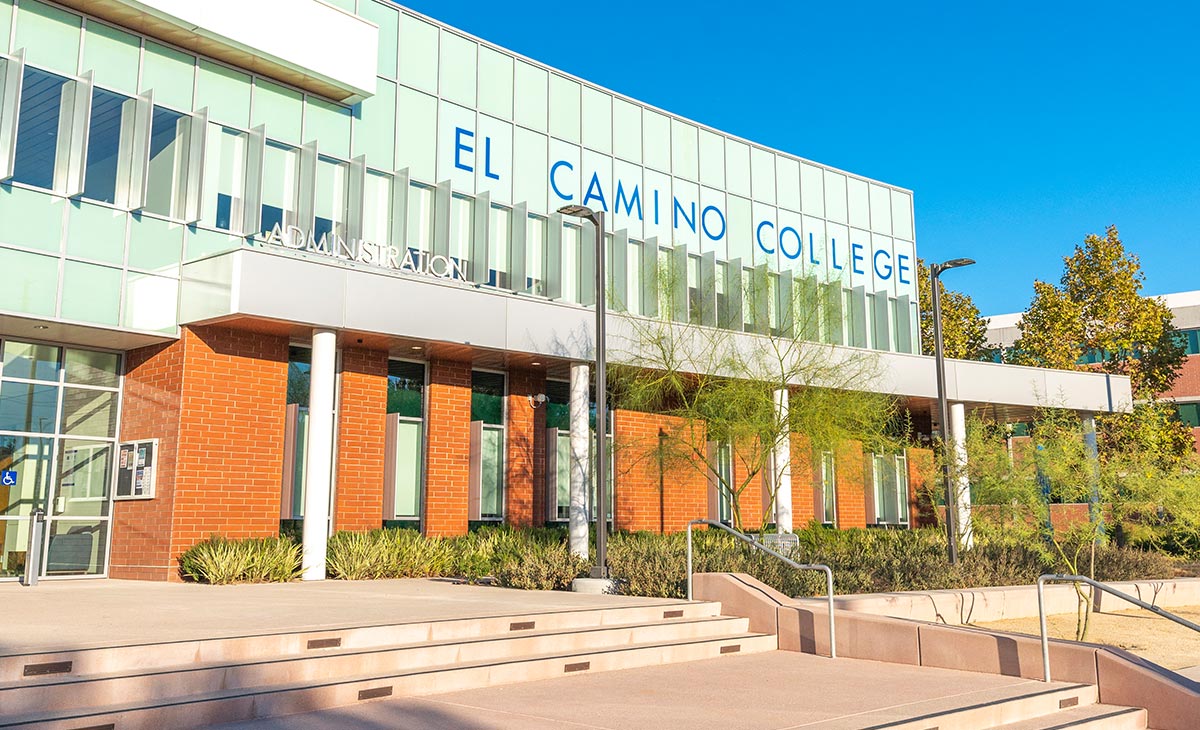The annual celebration of Black History Month holds a lot of importance in today’s society. It serves as a powerful reminder of the resilience, accomplishments, and cultural influences of Black individuals throughout history while also reminding us to continue advocating for equality and social justice.
Black History Month traces its origins to 1926, when historian Carter G. Woodson, founder of the Study of African American Life and History (ASALH) , started a week-long event in dedication to the achievements and contributions of African Americans. This then inspired other communities to organize events tied to this celebration. Eventually, the week-long event became “Black History Month”, celebrated each year in February.
At Torrance High School, Black History Month holds a special significance. Our community deeply values diversity and the cultural impact of Black individuals, as seen recently during Hands Across Campus. As students, we can honor and celebrate this month in many ways:
This museum is dedicated to celebrating African American art, history, and society. It also offers free admission to the public. Visiting here offers a productive educational experience and a deeper appreciation for African American culture.
- Attend the Pan African Film and Arts Festival
It is the largest Black film and arts festival and Black History Month activation in the US. It brings together people from over 40 countries and 6 continents to Los Angeles annually to showcase their work and thus celebrate pan African cultures. This year, it takes place on February 4-23 at The Culver Theater, Cinemark Baldwin Hills Crenshaw Plaza 15 and XD and the Westfield Culver City Shopping Center. Tickets are now available on their website.
- Visit the African American Firefighter Museum
This museum preserves and shares the rich heritage and contributions of African American firefighters. Free tours are open to the public on Sundays, offering an opportunity to dive into their legacy and impact on the firefighting industry.
- Try the culture’s food
Delve and explore the rich flavors of African cuisine by visiting restaurants that specialize in traditional dishes. For example, we have Veronica’s Kitchen that specializes in Nigerian cuisines and the Sumptuous African Restaurant that specializes primarily in West African cuisine.
- Read books on Black History
Reading books on Black history is an effective way to learn about the experiences, struggles, and triumphs of black individuals. Some noteworthy titles include The Autobiography of Malcolm X by Alex Haley and Malcolm X, which highlights Malcolm X’s life, transformation, and impact on the Civil rights movement; The 1619 project by Nikole Hannah-Jones, a collection of essays that delves into the legacy of slavery and its impact on America; I Know Why the Caged Bird Sings is a memoir featuring Maya Angelou’s childhood where she faced racism and found strength; The Hate U Give by Angie Thomas addresses issues such as racism and police violence through the perspective of a young Black girl. Reading these books can provide an enlightening experience and important perspectives on history and social issues.
- Watch films
Films related to Black History are another great way to learn. “Selma” illustrates the 1965 voting rights marches led by Martin Luther King Jr., emphasizing the fight for racial justice. “Hidden Figures” tells an inspiring story about three African American women mathematicians who made impactful contributions to NASA during the space race. These films demonstrate important pivotal moments in Black history and culture.
- Spread the word
Raise awareness about Black History Month and share information about events, historical figures or cultural contributions. Whether it’s recommending books or films or posting a quote from a famous Black leader, spreading knowledge is crucial to keeping the spirit of this essential month.
Honoring Black History month helps deepen our understanding of racial equality and ensures this tradition remains relevant for more generations to come. By actively engaging in learning, we help ensure that the achievements, struggles, and culture of Black individuals continue to be recognized and celebrated.

